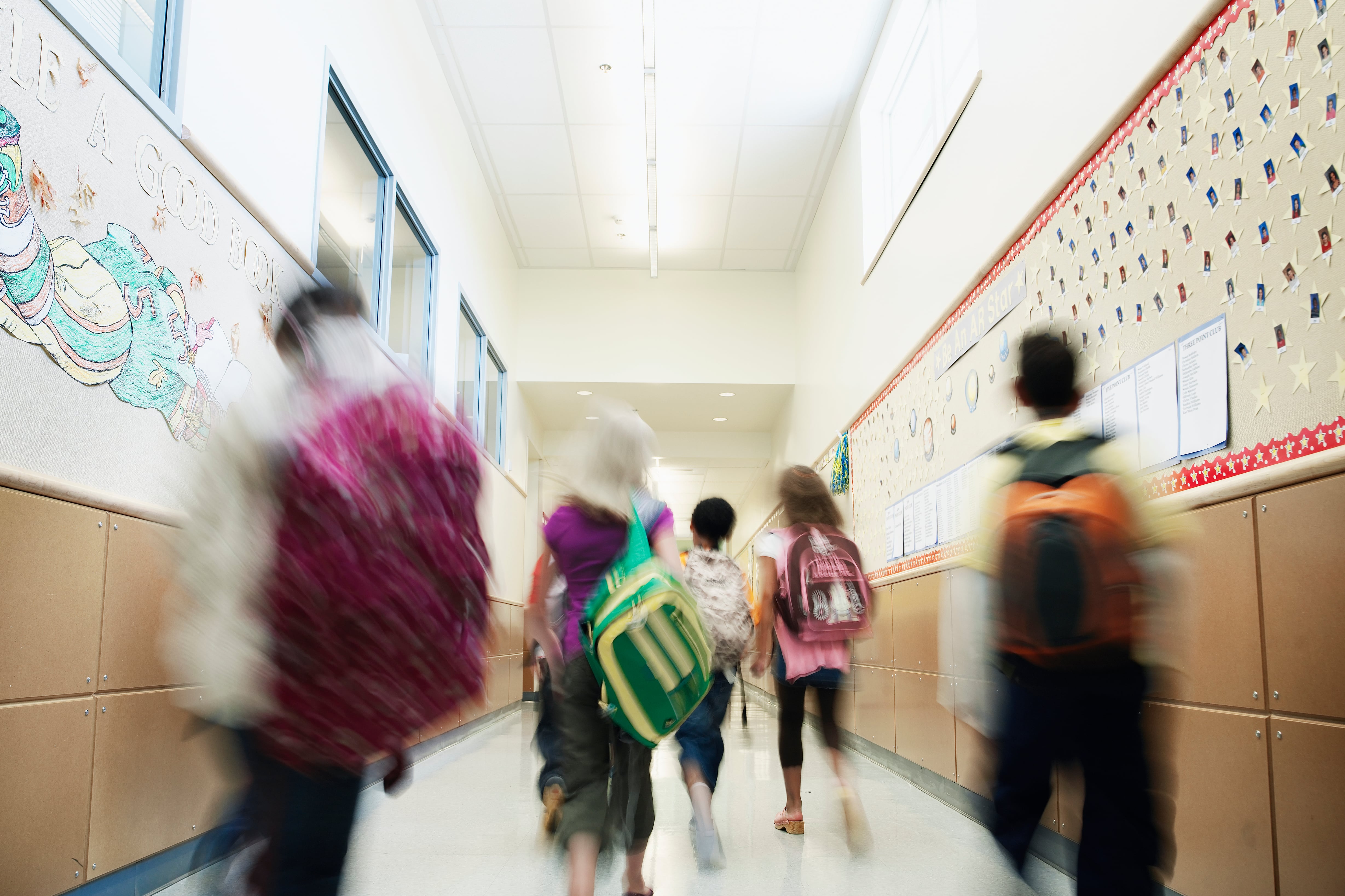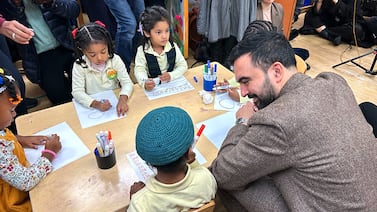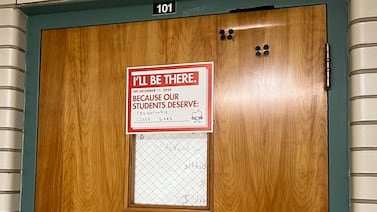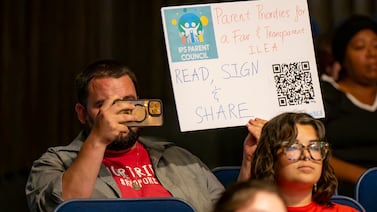
This is part of an ongoing collaborative series between Chalkbeat and WNYC/Gothamist reporting the effect of the coronavirus outbreak on how New York students learn and on how educators teach.
New York City released plans this week detailing what school schedules could look like for students and teachers this fall.
Most students will only attend school one to three days a week, with school leaders choosing among staggered schedules to significantly reduce the number of children and staff in buildings. Students will learn remotely on days they are not in school buildings, in an effort to reduce spread of the coronavirus.
The education department is also allowing families to opt for full-time remote learning, which could help schools that are grappling with how they will staff their in-person classes.
Either way, the options could be a high burden on working families — including teachers.
Teachers, who have health risks, can begin applying on July 15 for accommodations to work from home. Those who return to the classroom will likely teach five days a week, which could be complicated for staffers who have their own young children attending school part time.
The education department is planning a series of information sessions, which will kick off on July 16. Principals are expected to inform families of their individual school’s plan sometime in August.
There are still many logistical questions and concerns to be answered, including what the process of entering buildings will look like, what will happen with students requiring busing, and more.
Chalkbeat wants to hear from parents, students, and school staff. Tell us your feedback, concerns, and lingering questions below.






